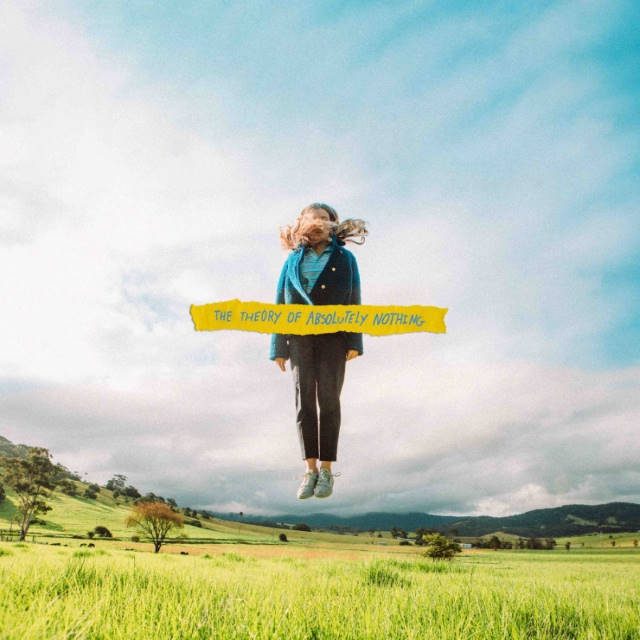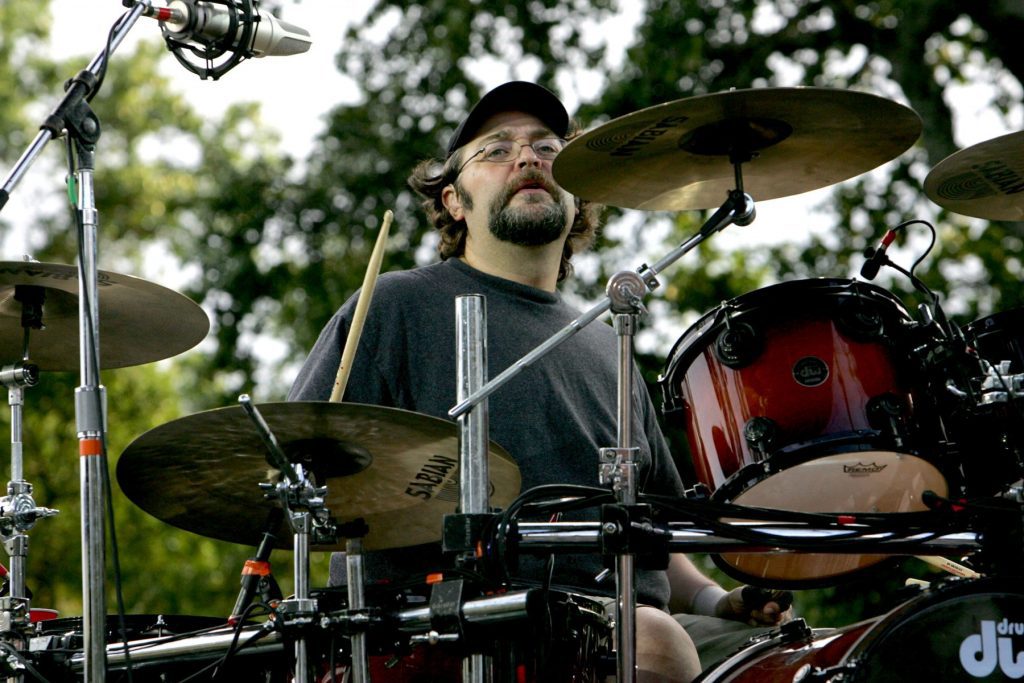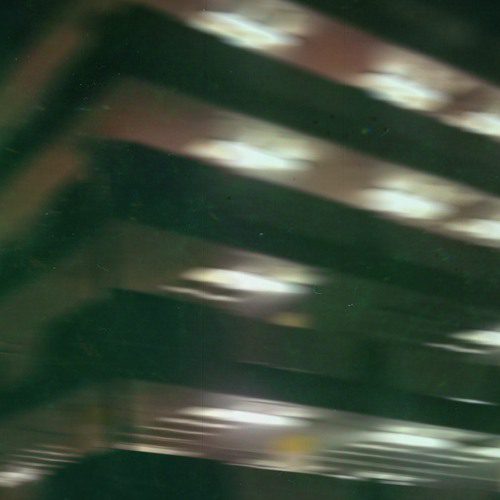
Alex The Astronaut – The Theory Of Absolutely Nothing

Australia’s left-wing angel, Alex The Astronaut’s debut album is out on the 21st August. Delving into love, life and friendships Alex’s album is a ray of optimism in an otherwise crappy year. Throughout the album, she manages to capture the highs and lows of everyday life, alongside the mundanity of everyday but the beauty within all of it. Alex describes the album as a collection of 10 stories, each of them inexplicably personal and significant. The album name is inspired by the quote from Einstein of ‘the more I learn, the more I realise how much I don’t know’ which seems apt for most, but judging from the songs on this album Alex seems to have a great insight into life and everything involved in it.

‘Happy Song’ imparts images of wandering through suburbia, with that great weight of a breakup on your shoulders. Feeling slightly disconnected, missing someone whilst being with friends and relying on music for comfort. The whole album carries these similar ideas of music as a release and a soft blanket at the same time making you dance and cry.
The lyrics of ‘Lost’ seem to tell the story of a teenage pregnancy, where ‘fate takes your hand and spins you around’ which could have provided the perfect soundtrack to the classic indie coming-of-age film ‘Juno’. The whole album bears some resemblance to Kimya Dawson who featured a lot on the Juno soundtrack, but with a larger sound and fiercer.
‘Split the Sky’ and ‘I Like To Dance’ are incredibly emotive songs, combining Alex’s signature vocals with folky guitar strumming and some strings. The simplicity of the tracks highlights the messages within the songs of life crisis and domestic abuse. ‘Split the Sky’ is described as an ‘early life crisis’ speaking to the fear many 20 somethings have now of the seemingly endless expanse of life ahead filled with so much pressure and expectation. The video is made up of a collection of moments within life that keep you afloat during the crisis, like friends and beautiful places.
The video for ‘I Like To Dance’ depicts a figure floating around in space, which I can image would speak to the isolation many victims of domestic violence feel. The message within both songs is of optimism and ‘it will be okay’ providing hope for listeners whether they’re going through something themselves or have before. One of the best things about the album is this optimism demonstrating the artistry in Alex’s song-writing, it is one thing to write about sadness, but it takes a lot more to show a whole range of emotions in a three minute track.

Where some of her earlier work stepped into the realm of being slightly twee, ‘I Didn’t Know’ and ‘Caught in the Middle’ cement Alex’s name as a songwriter in the same camp as Cate Le Bon or Courtney Barnett. Her voice has great power in these songs with big climaxes that lead perfectly into the triumphant track ‘Christmas in July’. The latter half of the album hold the loudest and most stand out moments especially in ‘Banksia’ (an Australian wildflower for those wondering) with a wonderful sing-along chorus.
‘I Think You’re Great’ is a love letter to a friend, emphasising the importance of platonic love and the need to tell your friends how much they mean to you. The song ends on playful note, which is another lovely thing about the album; it is serious without taking itself too seriously. The album could have easily finished there but closes on ‘San Francisco’. A classic indie folk track, with the signature storytelling lyricism, it’s a soft close to the album above steady plucked guitar and a soft high piano melody. ‘Outro’ is a thank you to all the listeners for reaching the end of the album with a super sweet sincerity. This is a great debut for Alex and feels like a natural progression from her previous success.
The Theory Of Absolutely Nothing is out August 21st.
You can pre-save, pre-order etc the album here.
Also look out for an interview coming with Alex soon!
Isobel Mcleod




